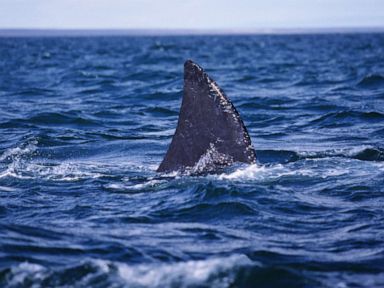
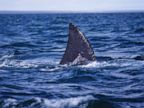

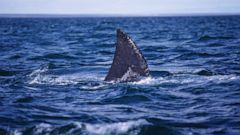
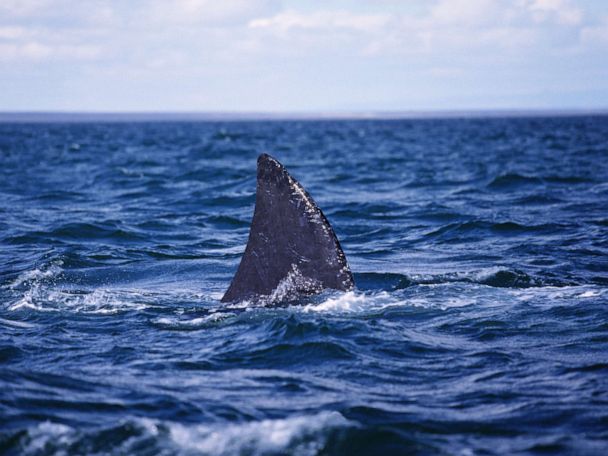
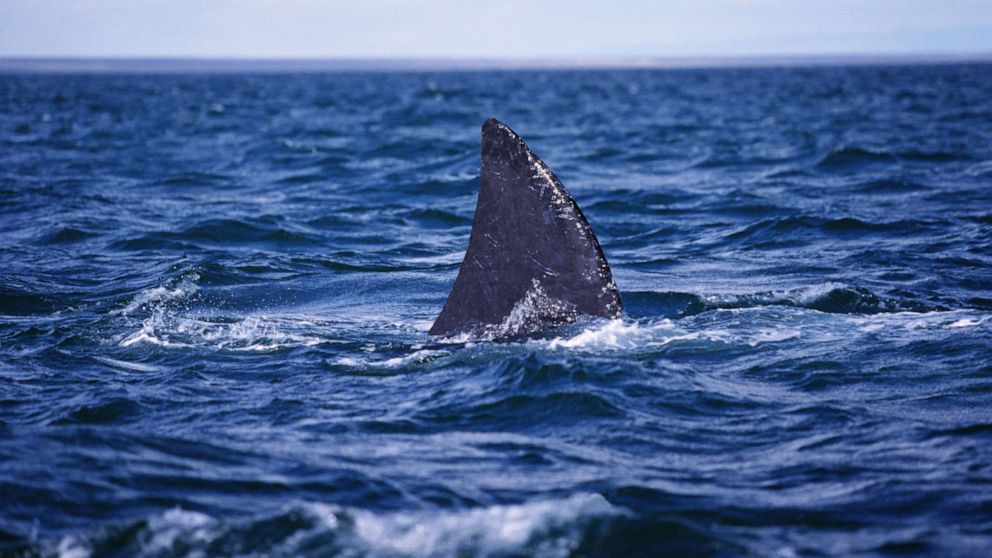
The number of attacks has decreased dramatically this year amid the pandemic.
3 min read
Just yards off a North Carolina beach, 16-year-old Nick Arthur was attacked by a shark.
The incident happened Thursday afternoon as the teen was jumping over waves on a sandbar.
Authorities took Arthur from the beach on Cape Hatteras to a nearby hospital where he was treated for the bite on his leg, according to the National Park Service. The injury was not life-threatening and he received stitches.
According to the University of Florida’s Florida Museum, shark attacks have decreased dramatically this year amid the COVID-19 pandemic, with only 18 worldwide since January 1, marking the lowest levels since 2005.
On average, there are about 80 attacks a year, globally.

